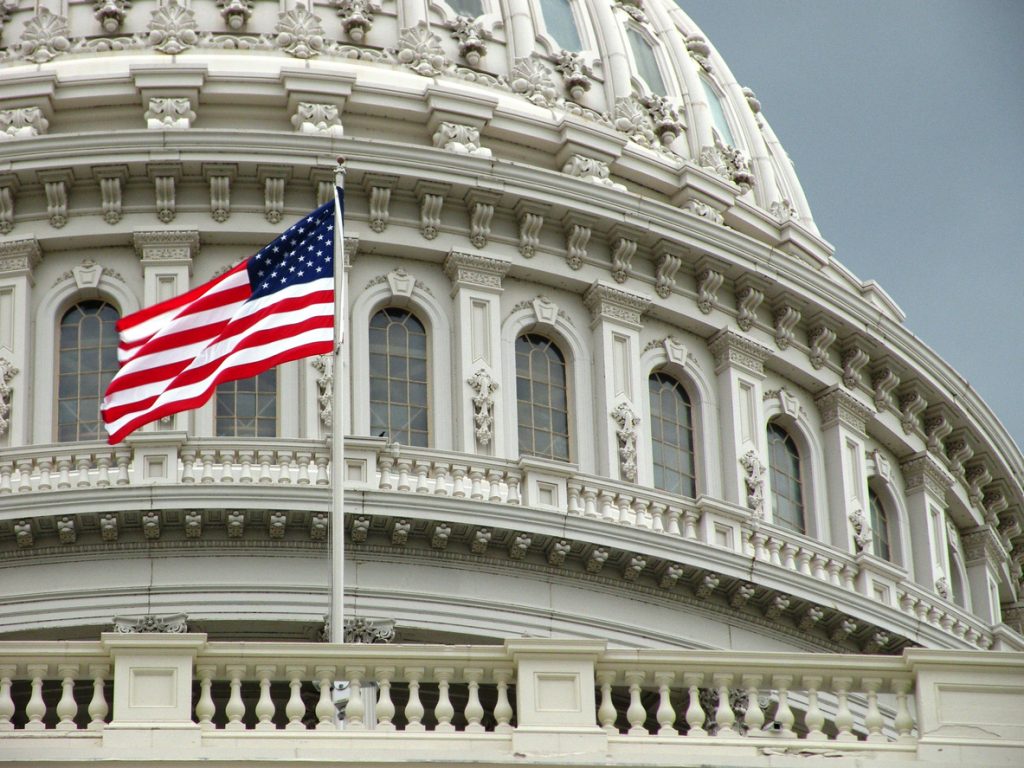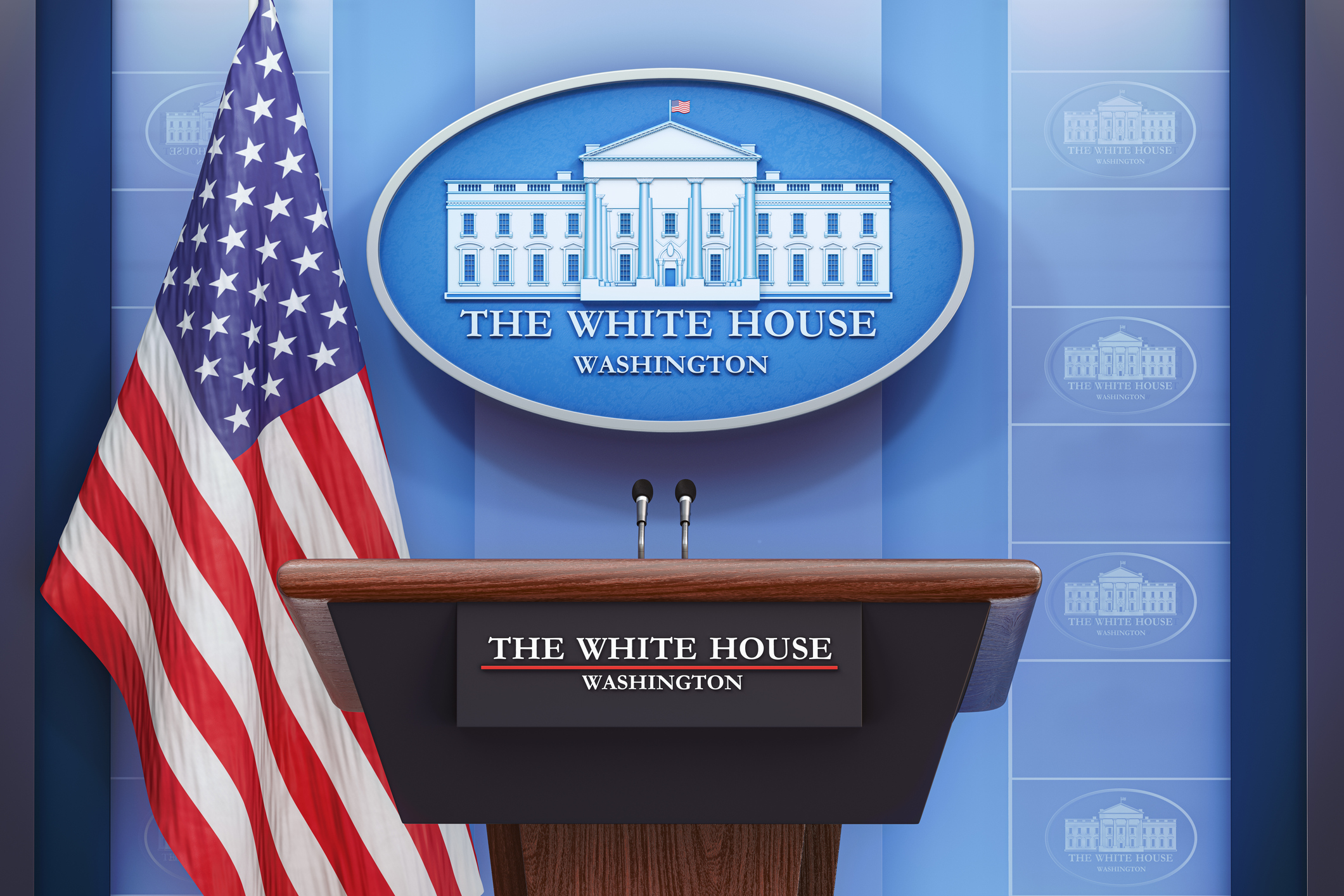
The U.S. House of Representatives agreed to H. Res. 5, the rules package to govern the 118th Congress, 220–213 on January 9, 2023.
Under the rules, a single member of the House majority can force a vote on deposing the speaker. The change was agreed upon during negotiations to secure support for Kevin McCarthy’s (R-Calif.) election as speaker. The resolution removed the rule that privileged a resolution declaring a vacancy in the Office of the Speaker, requiring a party conference or caucus to offer the motion. That change allows a single member to seek to force a vote on ousting the speaker.
The rules ended proxy voting, which has allowed members to designate another member to cast his or her vote on the floor of the House. The measure ended temporary provisions that have allowed committees to conduct their business remotely or in a hybrid manner. Nongovernmental witnesses could be allowed to testify remotely at the discretion of a committee chair. The remote appearance must comply with rules placed in the Congressional Record by the Rules Committee chair and allow remote witnesses to have counsel.
The rules renamed the Education and Labor Committee the “Education and the Workforce Committee,” which has been its name under Republican majorities. The Oversight and Reform Committee would become the Oversight and Accountability Committee.
The resolution created a “cut-as-you-go” rule to require mandatory spending provisions to be offset or not add to the deficit. It replaced the “pay-as-you-go” or PAYGO rule that applied to mandatory spending and revenue changes. Under the rule, the House generally cannot consider a bill that would increase mandatory spending over two “windows”:
- The current year, the budget year, and the next four fiscal years.
- The current year, the budget year, and the next nine fiscal years.
There is an exception for provisions designated as an emergency in bills, joint resolutions, conference reports, or amendments between the Houses. Emergency provisions in amendments must comply. The House could waive the rule.
The measure repealed a rule allowing the automatic House passage of legislation to adjust the debt limit after the House adopts a conference report on a budget resolution. The provision has been called the “Gephardt rule” after former Majority Leader Dick Gephardt (D-Mo.). The most recent version allowed for legislation to suspend the debt limit, while others have set an increased dollar amount. As a result of the change, the House must directly vote on a proposal to raise or suspend the debt limit, which will be needed sometime in 2023, likely the third quarter.
The measure largely re-adopted the formal House rules in place in the 117th Congress, with some amendments, and contained several separate orders that control House operations but are not incorporated into the formal rules.
Latest News
Photo credit: iStock.com/Bet_Noire On January 20, 2025, Donald Trump was inaugurated as the 47th President of the United States, marking the beginning of a second term in office. Trump immediately set the tone for the [...]
Photo credit: iStock.com/Castle City Creative The U.S. president's cabinet is a cornerstone of the executive branch, serving as the president’s closest advisors and leaders of the federal government’s major departments and agencies. Established through [...]
Photo credit: iStock.com/Maha1450 In honor of Presidents’ Day, there is no better time than now to reflect on the significant legislative and executive achievements of our nation's leaders. Throughout the last nearly 250 years, each [...]
Photo Credit: iStock.com/William_Potter H.R. 3746 is a complex bill that aims to address critical financial issues in the United States. It suspends the debt ceiling, imposes spending limits, introduces work requirements, and adjusts energy permitting [...]






Stay In Touch